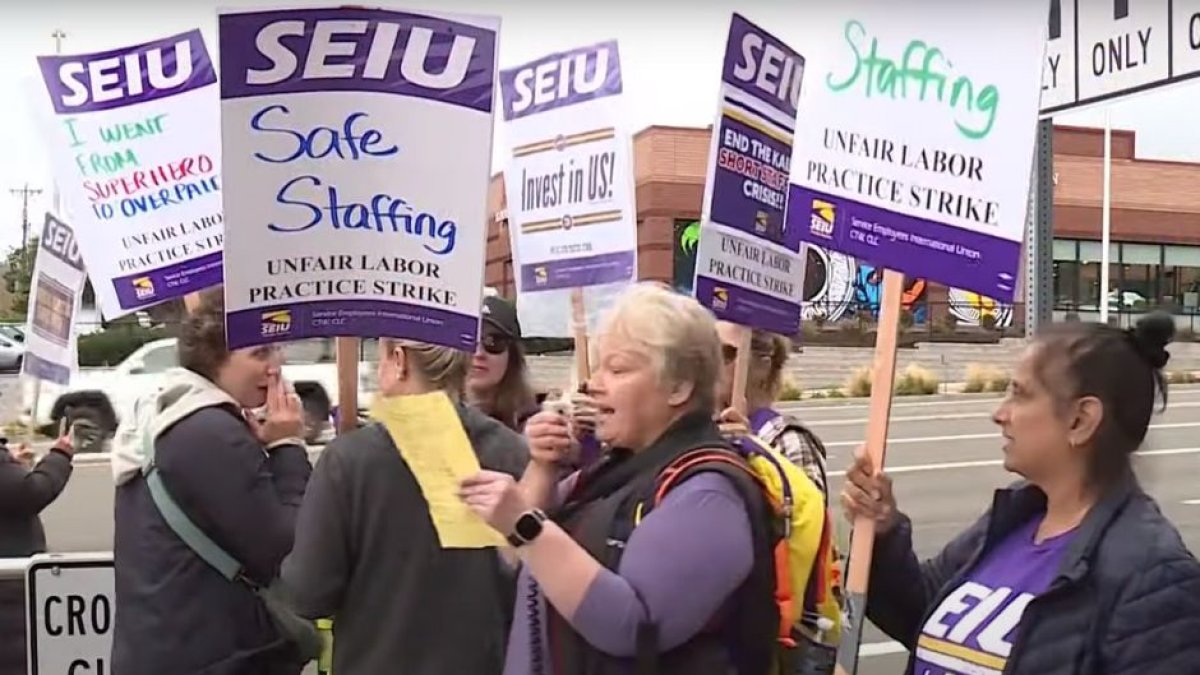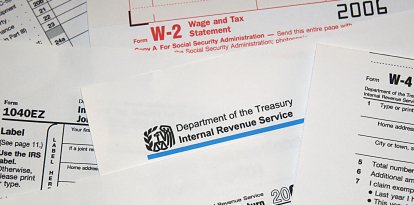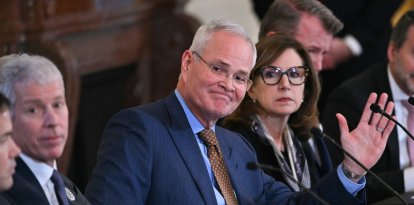U.S. strike movement grows: Health workers add 75,000 to the count in six states
The protests will last 72 hours and were called by Kaiser Permanente workers who demand better conditions and benefits after the health crisis caused by the pandemic.

(YouTube / Koin 6)
A new strike is adding to the increasing number of stoppages that are being experienced throughout the United States. This time it is the health workers who began a protest this Wednesday that will last 72 hours and in which nearly 75,000 employees in six states will participate.
It was the Kaiser Permanente workers who began this strike demanding better conditions and benefits after the health crisis caused by the pandemic and which, they claim, they suffered by having to work many more hours than agreed in their contracts. They had been in negotiations with the union since April but, finally, they were unable to agree on anything and as a result of this, the employees began protests. "Kaiser has a chaotic negotiating style driven by bad faith throughout the entire process," leaders of the United Healthcare Workers of the West union declared Monday.
What are health workers asking for to end the strike?
Specifically, Axios explains, workers are demanding a 27% salary increase over the next four years. Along with this, they demand the increase of minimum wages at 23 dollars per hour in California and $21 per hour in markets outside of California, the update Shared Performance Plan, improving health benefits and income plans retirement existing and renew assistance programs and training for registration.
The strike has been called in 39 hospitals in California as well as in other health centers in Colorado, Oregon and Washington. In the state of Virginia and in Washington, D.C., pickets have been called but they will only do so for 24 hours.
Doctors are the only workers who will not join the strike. Vocational nurses, sonographers, respiratory therapists, emergency department technicians, housekeepers, healthcare assistants, administrative staff, cafeteria and cleaning employees, optometrists and laboratory technicians will do so.
With this stoppage, the health workers union hopes that the company will accept its conditions. If they do not do so, a new 72-hour strike would be called that would take place in November.
























